This Is Why Your Allergies are Lasting Longer Than Ever, According to Dr. Gupta

“Seasoning up a storm” and wondering why your allergies seem endless? You’re not alone. In a recent CNN News Central conversation with Sara Sidner, Dr. Sanjay Gupta, CNN’s Chief Medical Correspondent, revealed some startling insights about why our seasonal allergies are becoming increasingly persistent. Whether you’re dealing with itchy eyes, constant sneezing, or year-round congestion, understanding these changes could help you better manage your symptoms.
RELATED: 7 Ways to Allergy-Proof Your Skin.
The New Normal: Why Your Allergies Feel Different This Year
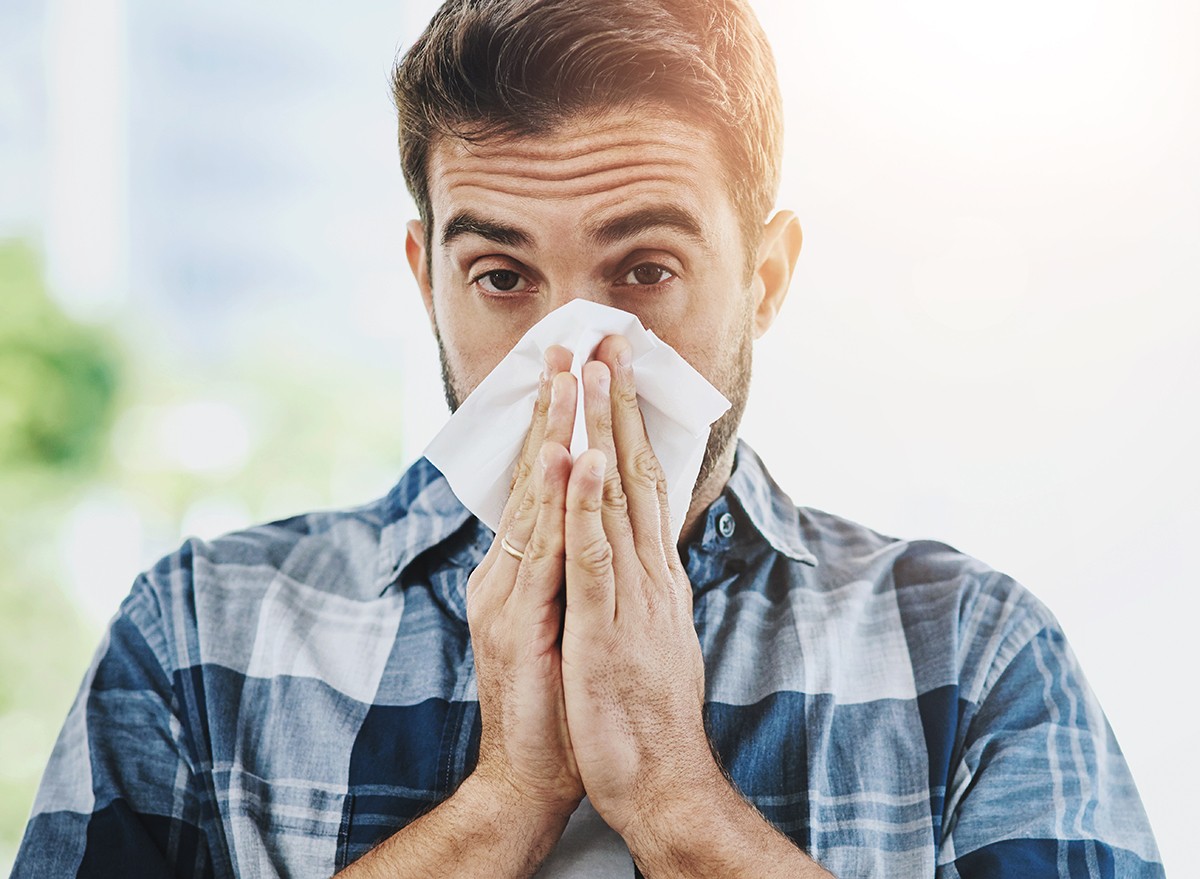
“The number of people I’m running into who are really suffering with fall allergies is remarkable,” says Dr. Gupta. “As the weather changes and gets warmer outside, that first frost is delayed, leading to a cascade of events.”
This observation aligns with research from Dr. Sanjiv Sur, Director of Allergy and Immunology at Baylor College of Medicine, who confirms, “There’s no question [that] as there’s global warming, the pollen season is increasing.”
Your City’s Allergy Season Is Growing Longer Each Year
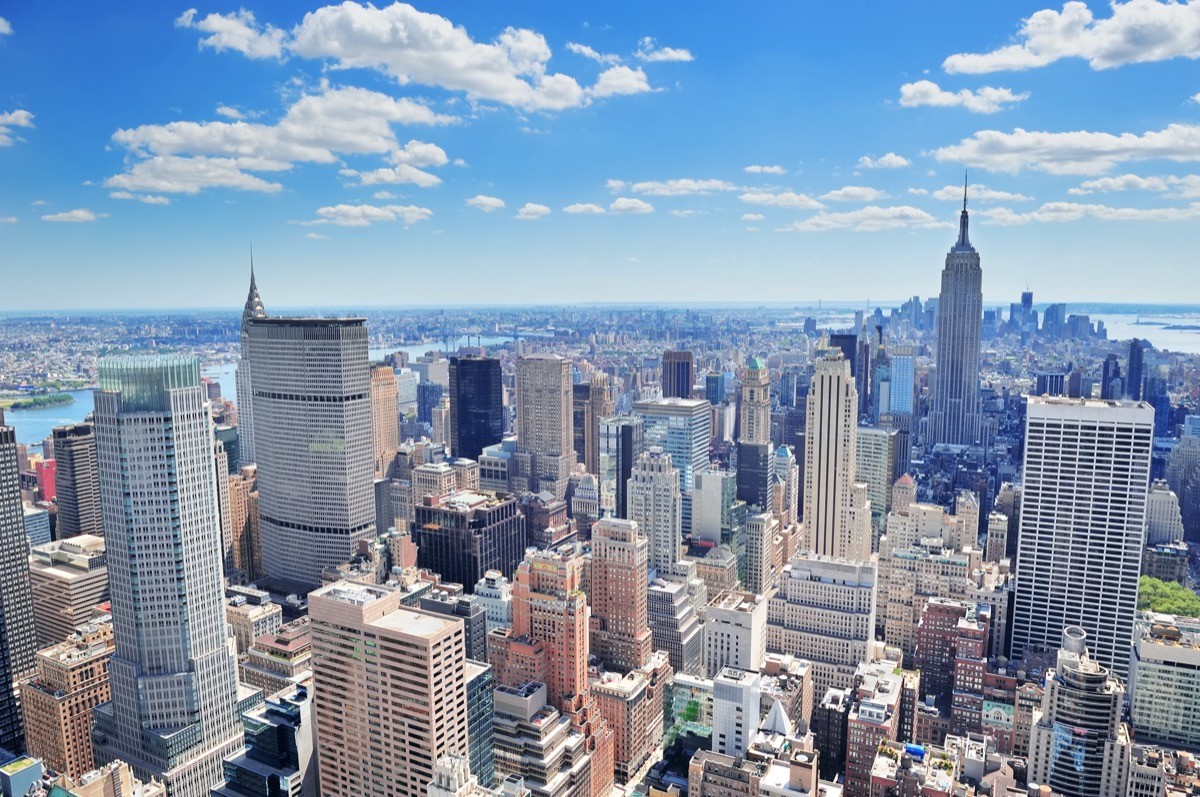
The changes are significant and measurable. “Cities across America are going to have much longer allergy seasons,” Dr. Gupta explains. “In Reno, for example, 99 days longer; in Atlant, where I live, 33 days longer; up in New York, 21 days longer.”
Dr. Christina Price, a Yale Medicine allergist and immunologist, adds context: “Most people don’t have an immune response to pollen, but a certain percentage of people’s immune systems see it as foreign and dangerous, and they treat it like a pathogen.”
The Hidden Cost of Your Seasonal Sniffles

The impact of seasonal allergies extends far beyond personal discomfort. One study estimated the annual economic impact of treating seasonal allergies in the US to be $3.4 billion. As Dr. Christina Price points out, “One aspect of allergies is that you can be really tired or fatigued, so it wipes you out,” explaining why productivity can be significantly affected.
The Surprising Health Risks You Didn’t Know About

Recent research has revealed more serious implications of pollen exposure. Scientists have discovered that pollen and other allergens can actually damage DNA in the nasal cavity and lungs, causing inflammation and triggering asthma attacks. These findings help explain why allergens are a common cause of asthma-related emergency visits, which could rise significantly in the coming decades due to climate change.
RELATED: The 4 Worst Houseplants If You Have Allergies.
The Future of Pollen: A Growing Problem
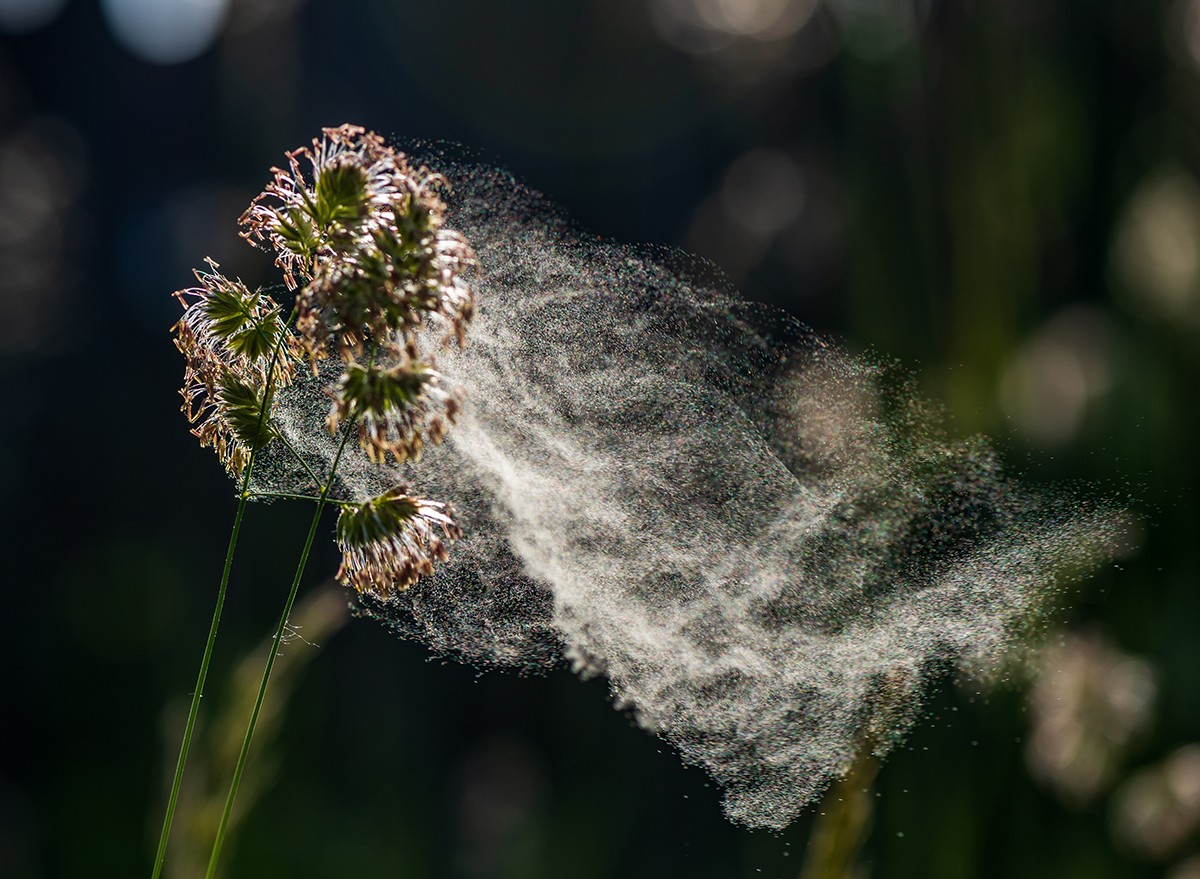
“By the end of the century, the prediction is that we’ll have basically 200% higher pollen counts over the next 75 years or so,” warns Dr. Gupta. To put this in perspective, he notes, “One ragweed plant releases about a billion grains of pollen. One plant does. So just imagine if those plants grow and continue to spread for a much longer time.”
This increase isn’t just an inconvenience—it’s a public health concern. According to EPA studies, between 35,000 and 60,000 asthma-related emergency department visits are linked to pollen, with these numbers expected to rise by 14% by 2090.
Is It Allergies or Something Else? Here’s How to Tell
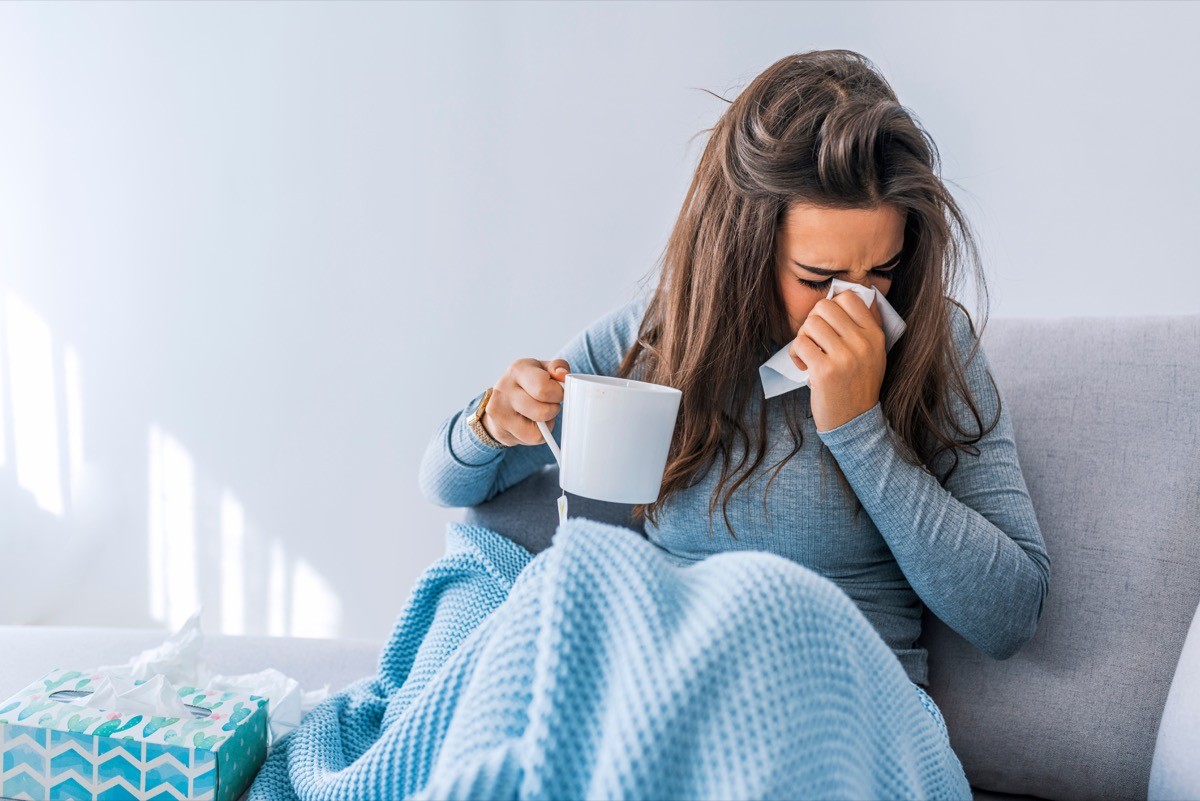
Dr. Gupta underlines that distinguishing between allergies and viral infections is crucial: “When you’re thinking about allergies versus viral infections, there are many overlapping symptoms, but fever and full body aches and pains are pretty much indicative of a viral infection.”
This aligns with NIH’s Dr. Teresa Hauguel’s guidance: “If you know what you have, you won’t take medications that you don’t need, that aren’t effective, or that might even make your symptoms worse.”
Your Action Plan: Managing Modern Allergies

Yale Medicine experts recommend several strategies to minimize exposure:
Monitor daily pollen and mold spore levels
Start medications before allergy season begins
Keep windows and doors closed
Wear a hat outdoors or wash hair before bed
Change clothes after outdoor activities
Consider wearing a mask when mowing grass or raking leaves.
The Bigger Picture: Why This Matters
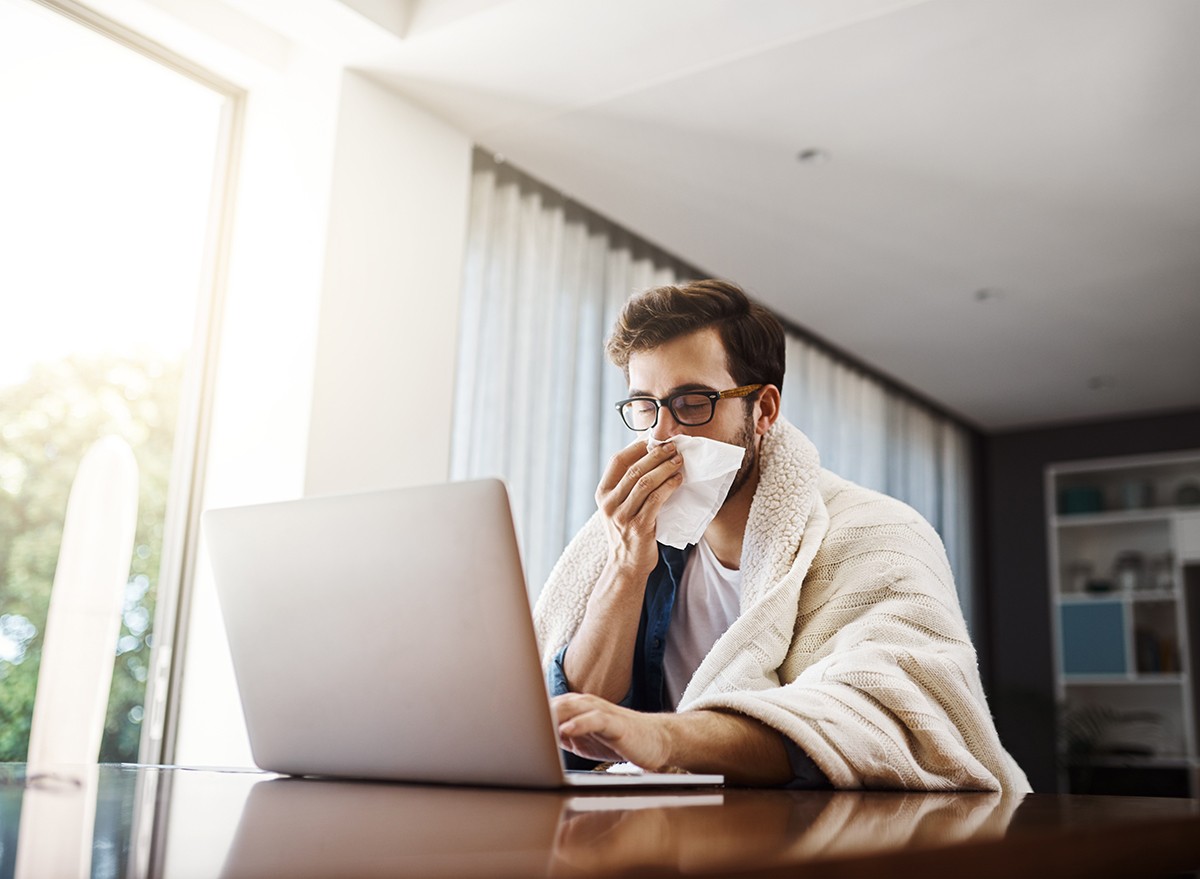
As Dr. Mary Margaret Johnson of Harvard T.H. Chan School of Public Health notes, “Worsening allergies highlight the fact that our health—even if you just have a pollen allergy—is being impacted by climate change.” Understanding these changes and taking proactive steps can help you better manage your seasonal allergies, even as they become more challenging to handle. The combination of longer seasons, higher pollen counts, and increasing health risks makes it more important than ever to stay informed and prepared for allergy season—or rather, allergy seasons—ahead.